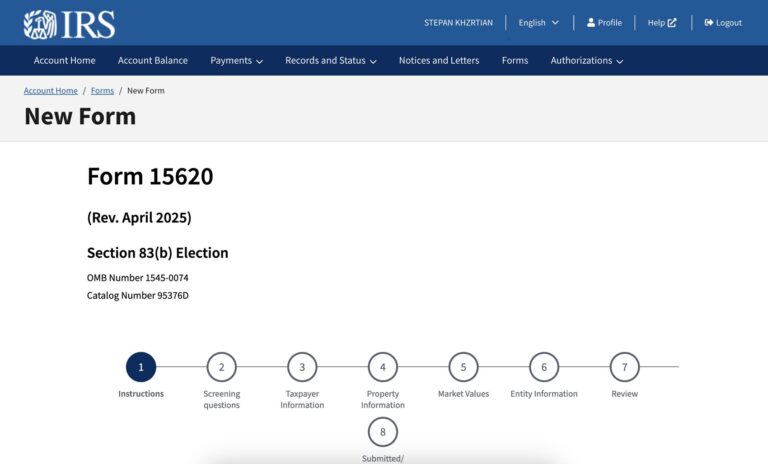This is the first post of What’s The Difference?, a series of blog posts that highlight the main differences between similar or complementary concepts of startup law. Keep in mind that the post sacrifices detail for simplicity and is for informational purposes only. It should not be taken as advice — whether legal, tax, or other — and does not create an attorney-client relationship.
Key takeaway:
Those who put in effort get common stock.
Those who put in cash get preferred stock.
What is “stock”?
Let’s start from the basics. Ownership in a corporation is normally broken down into shares of capital stock (or, simply, stock). Now, that stock can be of various types.
You can have different classes of stock, such as common stock and preferred stock. Stock of different classes normally have fundamentally different legal rights, such as voting powers, privileges, and the like.
You can also have different series of stock within the same class, such as Series Seed preferred stock, Series A preferred stock, and so. Different series of the same class of stock normally have the same legal rights, but are different as to their financial terms (such as conversion price), which is a topic for another time.
Got it, so what is “common stock”?
Think of common stock as the basic class of stock. Normally, it doesn’t have any special kind of legal rights and privileges. Typically, a share of common stock gives the owner one vote. There are no special dividend rights and no protective provisions (such as having a veto power on certain matters). In case of an exit or other kind of liquidation, common stockholders get paid last.
And what’s “preferred stock”?
Think of preferred stock as a premium class of stock, just like the name suggests. Normally, it carries special kinds of legal rights and privileges. While a share of preferred stock also typically gives one vote to its owner, the owner usually gets protective provisions (such as the right to veto certain matters). Preferred stockholders can also get special dividend rights and other privileges. In case of an exit or other kind of liquidation, preferred stockholders get paid first.
Who gets what kind of stock?
If there’s one thing you take away from this post, it should be this:
- Those who put in effort get common stock.
- Those who put in cash get preferred stock.
Founders, officers, directors, employees, consultants, and advisors are issued common stock (or other common stock-based equity, such as options) for their time and effort.
On the other hand, investors are issued preferred stock (or get the right to receive preferred stock, such as based on a SAFE) for their investment.
That sounds rough! As a founder, why would I agree to get the lower class of stock?
It all boils down to incentivizing investors to invest. In brief, since the founder will continue to wield day-to-day control over the operations and fate of the company, the investor needs some kind of protection for the money they’re putting in. The veto power and liquidation preference step in to provide that protection.
I see… but if my investors are open to getting common stock, can I give that instead?
There’s no legal impediment to giving common stock to investors, but before you do, think of the following possible scenarios:
- You may unduly inflate your 409A valuation, which is relevant when it comes to giving equity to your hires. The higher your 409A valuation, the less attractive your equity is to your hires (since they’ll have to pay more to obtain that equity).
- Will all future investors agree to getting common stock? Probably not, in which case you’re going to end up in a weird situation where some of your investors have more legal protection than others. This can quickly turn into a messy juggernaut if left unchecked.
- The market practice is to give preferred stock for investment. Doing things differently means diverging from market practice, which will likely raise additional questions from prospective investors. You may be jeopardizing your future investment prospects with this non-market approach, unless you were driven by strong reasons (personal preference not being one of them).








